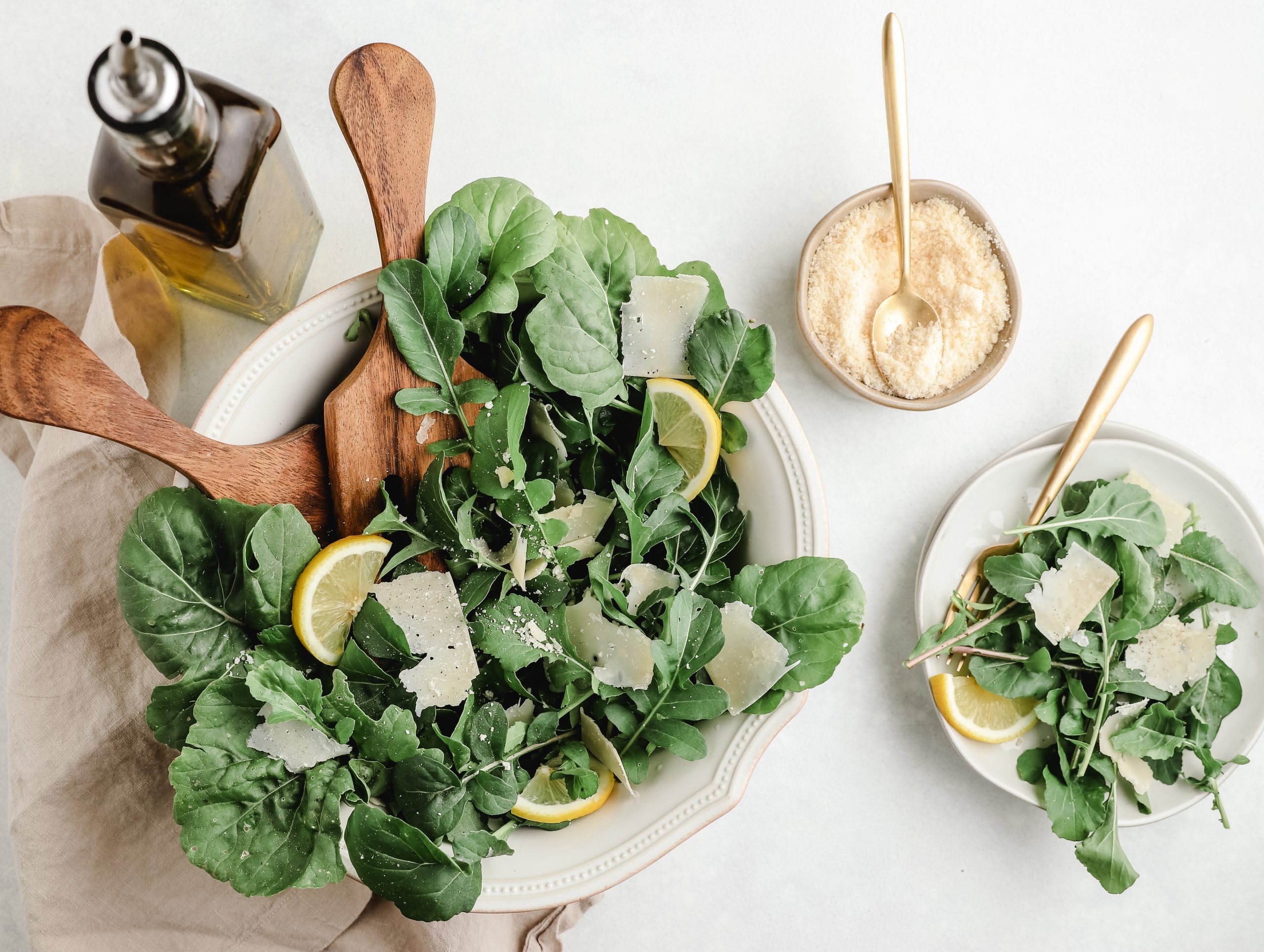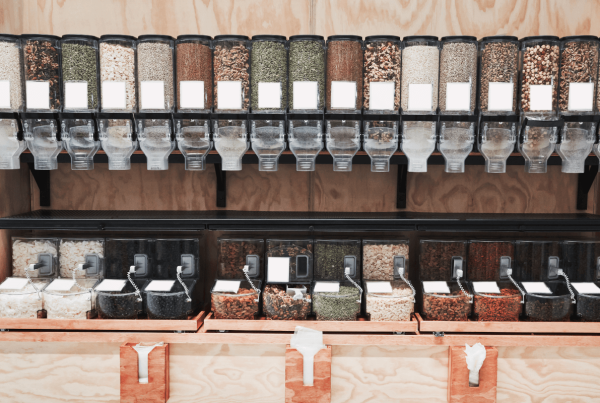Shocked at the size of your grocery bills? You’re not alone: food prices have been at an all-time high. While you can’t exactly quit the supermarket, you can eat well for less by adopting a few simple habits.
Read supermarket flyers
One of the best ways to control your food spending is to make grocery lists—and stick to them. Before meal planning for the week, why not check out your supermarket’s online flyer? It’s a great way to find deals and get inspired. If spinach and ricotta are on sale, make a vegetarian lasagna. If there’s a special on squash and lentils, throw them in your slow cooker with some curry spices.
Substitute pricey foods
Some products are more budget-friendly than others and offer similar nutritional value. You’d be surprised how a few clever swaps can reduce your food spending! Try the following:
- Tofu instead of chicken breast in Asian stir-fries and soups
- Legumes instead of meat in chili and burgers
- Eggs or canned fish instead of cold cuts and deli meats in sandwiches and wraps
- Frozen instead of fresh berries (e.g., blueberries, raspberries, strawberries, blackberries) in yogurt, smoothies, oatmeal, etc.
Limit food waste
Throwing away food is expensive. Buying only what you need and properly storing what you buy are two key principles for limiting waste. Get into the habit of taking inventory of what’s in your fridge and pantry; then, try to use what you’ve got before buying more. For example, overripe fruit can be turned into jam or added to homemade muffins. Wilted vegetables can make a delicious soup. Leftover chicken, cooked or raw veggies, and roasted nuts can be tossed together in a salad. And while you’re at it, why not make a savoury broth with the chicken bones and vegetable scraps?
Beware of marketing ploys
If you’re open-minded about brands and the in-store experience, you can shop around and spend less on comparable (or even identical) products. Some banners like Costco, Maxi, and Super C are less luxurious, but generally more economical. Similarly, store brands tend to be cheaper than popular name brands.
Furthermore, if you’re hesitating between two sizes or brands, compare their price per unit of weight or volume, indicated in very small print on the price tag (for example, $0.24/100 ml). This is an easy way to get the best value for your money!
Cook from scratch
Preparing meals with minimally processed staple foods is undoubtedly the most economical way to eat well. Of course, this is a time-consuming task, but it will ultimately benefit your physical and financial health.
- Buy whole foods as much as possible. For instance, opt for a block of cheese instead of sliced cheese, or whole carrots instead of peeled baby carrots.
- Avoid individually portioned foods. For example, get one large container of yogurt rather than a pack of snack-size ones.
- Set aside time in your weekly schedule for cooking. Feel free to double recipes so you can freeze the leftovers.








